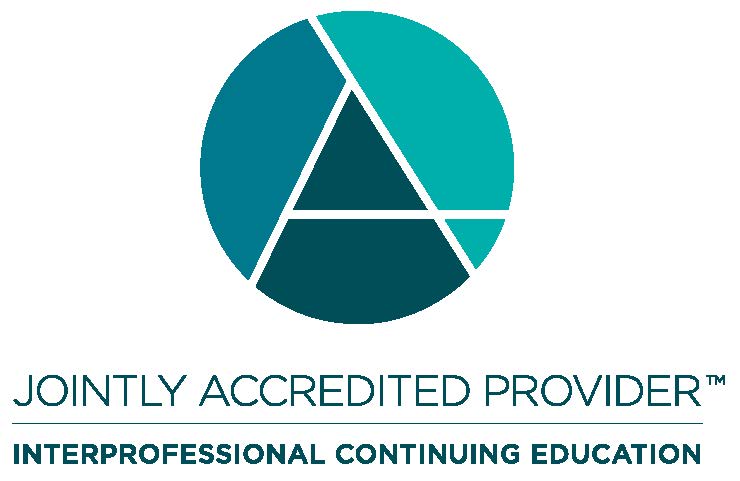Continuing Medical Education Credits
2021 ANMS Annual Meeting – August 13-15, 2021
Accreditation
In support of improving patient care, this activity has been planned and implemented by Ciné-Med and the American Neurogastroenterology and Motility Society. Ciné-Med is jointly accredited by the Accreditation Council for Continuing Medical Education (ACCME), the Accreditation Council for Pharmacy Education (ACPE), and the American Nurses Credentialing Center (ANCC), to provide continuing education for the healthcare team.
Clinical Course:
Physicians: Ciné-Med designates this live activity for a maximum of 8.25 AMA PRA Category 1 CreditsTM. Physicians should claim only the credit commensurate with the extent of their participation in the activity.
Nurses: This activity provides 8.25 contact hours for nurses.
Continuing education credit will be according to documented attendance.
Scientific Program:
Physicians: Ciné-Med designates this live activity for a maximum of 11.75 AMA PRA Category 1 CreditsTM. Physicians should claim only the credit commensurate with the extent of participation in the activity.
Nurses: This activity provides 11.75 contact hours for nurses.
Continuing education credit will be according to documented attendance.
All other healthcare professionals will receive a Certificate of Participation. For information on the applicability and acceptance of Certificates of Participation for activities designated for AMA PRA Category 1 Credits™, consult your professional licensing board.
Learning Objectives
At the conclusion of this activity the learner will be able to:
- Discuss recent scientific and clinical advances on the pathophysiology and treatment of common functional gastrointestinal and motility disorders
- Describe current indications, methodology, and interpretation of new and commonly used GI motility tests.
- Review the clinical management approaches for upper and lower gastrointestinal motility and functional gastrointestinal disorders.
- Use a standardized approach for performing current and new procedures.
- Choose between various modalities for optimally assessing esophageal, gastric and colonic disorders and their function.
- Develop patient treatment plans based on the test results using an evidence-based and logical approach and following guidelines.
- Use the latest pharmacology and therapeutic advances in a broad spectrum of GI motility and functional bowel disorders including treatment strategies and approaches to gastroesophageal reflux disease, dysphagia, gastroparesis, cyclic vomiting, irritable bowel syndrome, constipation, fecal incontinence, and gas and bloating.
- Examine the animal models of visceral pain and their utility in translating to human studies.
- Review emerging genetic, epigenetic and pharmacogenomic approaches applicable to functional gastrointestinal disorders.
- Discuss emerging technologies and their application to functional GI disorders.
- Determine the role of microbiota in functional gastrointestinal disorders.
- Discuss the diagnosis and management of upper and lower functional gastrointestinal and motility disorders in children and adults.
- Discuss current clinical research outcome measures and development of novel biomarkers in functional gastrointestinal and motility disorders.
- Discuss the regulation of appetite, complications of diabetes mellitus including gastroparesis and constipation, and the role of the microbiome in a variety of gastrointestinal disorders
Activity Goal
This activity is designed to address the following core and team competencies:
Patient Care, Medical Knowledge, Practice-based Learning, System-based Learning, Employ Evidence-based Practice, Roles and Responsibilities, and Work in Interdisciplinary Teams.
Non-Endorsement Statement
The provider verifies that sound education principles have been demonstrated in the development of this educational offering as evidenced by the review of its objectives, teaching plan, faculty, and activity evaluation process. The provider does not endorse or support the actual opinions or material content as presented by the speaker(s) and/or sponsoring organization.